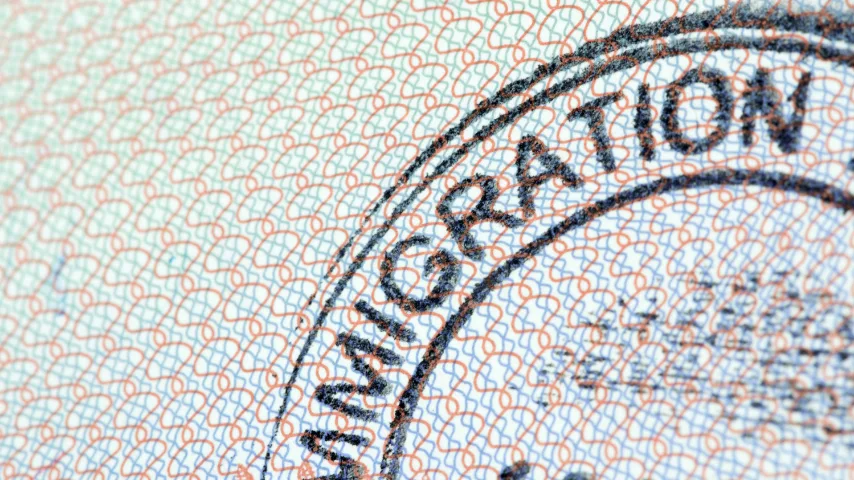A provisional waiver helps certain people who are in the United States without legal status get a green card. Instead of leaving the country and waiting years for a decision, they can apply for a waiver before they go. This can keep families together longer and make the immigration process smoother. The process is not open to everyone. There are strict requirements. Understanding who qualifies can make the difference between approval and denial.
What is a Provisional Waiver?
A provisional waiver is also known as a stateside waiver. It allows someone who is living in the U.S. unlawfully to request forgiveness for their unlawful presence before leaving for their visa interview. Without this waiver, many people would face a three-year or ten-year ban from returning to the U.S. This waiver helps prevent long separations.
Who Qualifies for a Provisional Waiver?
Only certain people can apply for a provisional waiver. First, they must be physically present in the U.S. when they file. They also must be at least 17 years old. Another key requirement is that they must already have an approved immigrant visa petition. Most applicants qualify through a family member, such as a spouse or parent who is a U.S. citizen or green card holder. The most important requirement is proving extreme hardship. The applicant must show that if they are forced to stay outside the U.S. for years, their U.S. citizen or lawful permanent resident spouse or parent will suffer in a serious way. This can be financial, medical, or emotional. It is not enough to say that separation is hard. The hardship must go beyond the normal pain of being apart.
Who Does Not Qualify?
Not everyone can get a provisional waiver. If a person has multiple immigration violations, they may not qualify. A criminal history can also disqualify an applicant. If someone has been ordered removed from the U.S. before, they need to clear that issue first. A person also does not qualify if they have other grounds of inadmissibility, such as fraud or misrepresentation. The waiver only forgives unlawful presence. It does not fix other immigration problems.
Why the Provisional Waiver Matters
History is full of stories of families separated by borders. Before the provisional waiver, many people left the U.S. hoping to return, only to find themselves stuck for years. They had to wait outside the country, often in dangerous or unstable conditions. The U.S. government created the provisional waiver to stop unnecessary separations. It allows people to complete part of their immigration process while still with their families. The goal is to make the legal immigration process less painful.
The Application Process
Applying for a provisional waiver takes time and preparation. The first step is to make sure the applicant qualifies. Next, they must gather strong evidence of hardship. A simple letter saying life will be difficult is not enough. Proof may include medical records, financial statements, and expert opinions. The application is filed with U.S. Citizenship and Immigration Services (USCIS). If it is approved, the applicant must still leave the U.S. for a visa interview. But because they have the waiver, they can return much sooner.
Common Mistakes to Avoid
A weak hardship argument is one of the biggest reasons applications get denied. The case must show that the U.S. citizen or green card holder would face more than just emotional distress. Financial troubles, serious health issues, or other hardships should be well-documented. Another mistake is applying without legal guidance. The process can be complicated, and missing details can lead to delays or denials.
Next Steps
A provisional waiver can be a lifeline for those seeking legal status. It keeps families together and prevents long separations. But it is not automatic. Applicants must meet strict requirements and submit strong evidence. If done right, it can be the key to a legal and stable future in the U.S. Anyone considering this process should act quickly and get the right help. Immigration laws change often, and waiting too long can mean missing an opportunity.
Need help with a provisional waiver? The process can be confusing and stressful, but you do not have to do it alone. Get expert guidance to improve your chances of success. Visit Zavala Immigration Lawyer today to take the first step toward legal status.


